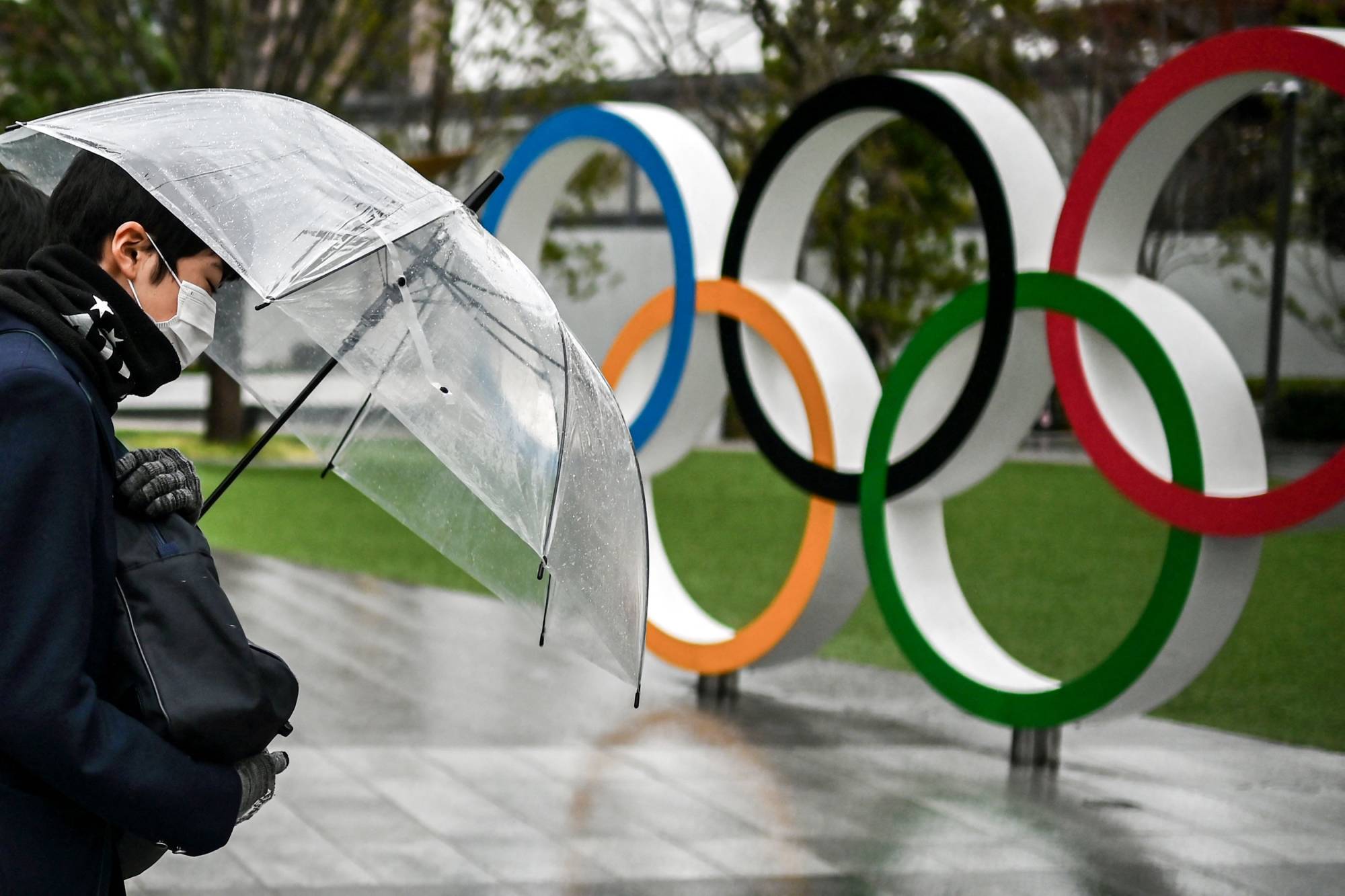Welcome to the Olympic Games, COVID-19 edition. Hugs, high-fives and handshakes are unnecessary forms of contact. Cheering should be avoided, as should singing and shouting. And that’s even if anyone’s there to watch, since international visitors won’t be allowed in Japan and it’s unclear how many local people can go. For athletes and others who get in, remember to keep your distance — two meters, unless on the field of play.
The alternating Summer and Winter Games are the world’s biggest biennial party. Sure, they’re sporting events in celebration of humankind’s never-ending quest to be faster, higher and stronger. But at their core, the Olympics are a carnival of fitness and skill, dedication and determination. It’s a fundamentally social event where the most valuable social capital is a gold medal around your neck.
This year is different. It will be antisocial, antibacterial, and quite probably anticlimactic. While vaccines are being rolled out globally, the COVID-19 pandemic still continues — including in Tokyo, where the government has extended a state of emergency by another fortnight to help prevent a fresh wave of infections.


















With your current subscription plan you can comment on stories. However, before writing your first comment, please create a display name in the Profile section of your subscriber account page.